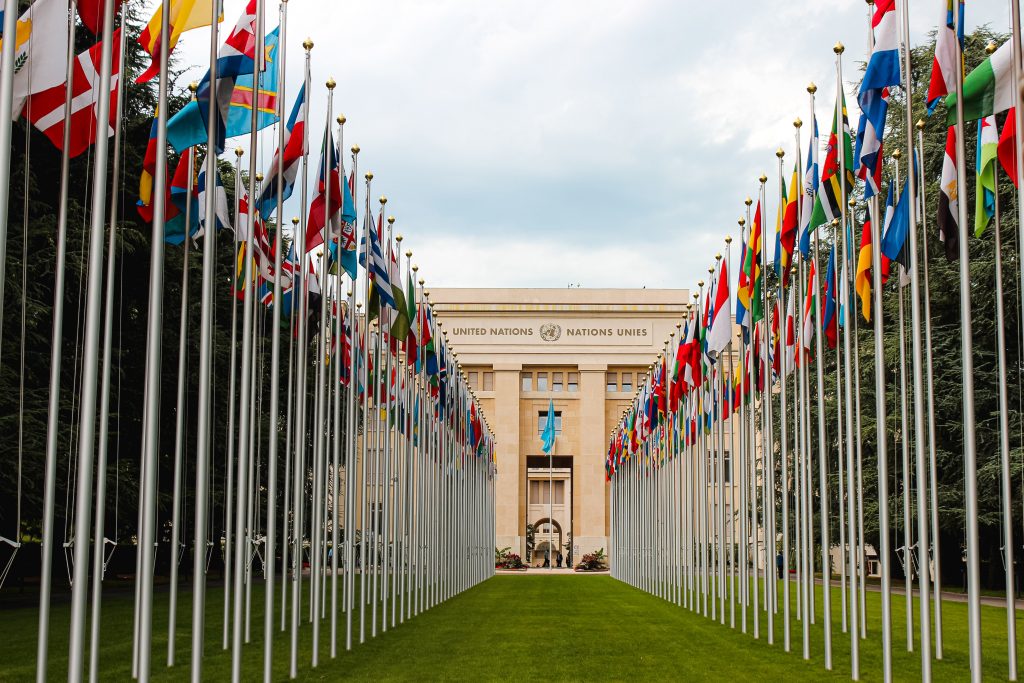The United Nations’ Department of Economic and Social Affairs has devised seventeen Sustainable Development goals to implement by 2030. The plan is part of a push to ensure that issues caused by the pandemic do not debilitate nations and people already struggling with institutional issues. The seventeen goals are 169 targets, 3054 events, 1299 publications and 5428 actions. These goals can hopefully be achieved by 2030 with the full cooperation of the United Nations and its citizens. Raising awareness is only the first step in ensuring the issues are tackled.

The first two goals focus on the improvement of everyday life, with poverty and hunger being two of the leading concerns for the UN. Due to the pandemic the global rate of poverty has increased for the first time in decades. This along with four billion people being left without social protection has left many completely exposed to the effects of Coronavirus. This along with an increase of severe food insecurity has left entire communities with no consistent access to food. Engaging with these communities and funding sustainable forms of agriculture is a key component in ensuring they can tackle hunger as well as food insecurity.
The UN has also dedicated a large amount of their list to highlight the importance of equal opportunity. With over 200 million children still being predicted to be out of school in 2030 it is vital we help nations and communities to create sufficient education infrastructures. This along with a 30% increase in domestic violence across many countries shows how far we are from true global equality. The UN has pledged to fund new schools as well as including a gender equality curriculum to fight these often debilitating equalities.
Combating class and wealth divides takes up a large amount of the UN’s seventeen goals. With less than one in five people using the internet in LDCs it is clear that infrastructure is a crucial part in LDC development. Only with improved infrastructure and increased job opportunities can the global income divide be reduced. In many cases, income and class divide prevent social mobility which has contributed to the prevalence of discrimination and prejudice.
Finally, the last section of this sustainable plan is the protection of our wildlife, our world and our institutions. The UN wants to preserve all ecosystems by ensuring any fishing, farming or husbandry is carried out in a way that is dignified and fair to the wildlife as well as ensuring it is sustainable for future generations. They also highlight their concerns with climate change and how we have not slowed the impending climate crisis, even with the massive reduction in gas emissions from the pandemic.
While in Britain it is often easy to separate ourselves from the struggles faced by those in LDCs, it is important to remember we still face all the problems listed beforehand. Many Britons still live in poverty with poor food security despite being part of a developed nation. Only by first acknowledging the struggles of those in our own developed nation can we hope to contribute to the fight to ensure our world has a sustainable future. For full details on all seventeen points head to https://sdgs.un.org/goals.
